- Mattresses
-
-

Promotion
-
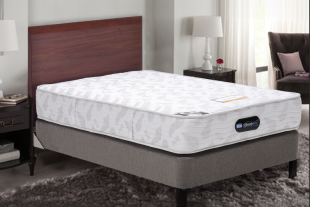
New Collection
-
- Bedframes and Accessories
-
-
Simmons PillowLearn More
-
Choose your baseLearn More
-
- Promotion
- Corporate
- Hospitality

Promotion

New Collection
Simmons PillowLearn More
Choose your baseLearn More

Info

Back and neck pain is common. More than 50% of the population will experience back pain, while 90% will experience neck pain in their lifetime. Often enough, we tend to overlook these pains in our body. However, don’t be too quick to brush them off if you have been suffering from prolonged back or neck pain; it’s advisable to visit a specialist if so.
Thankfully enough, most of these are common sprains and 80% – 90% of them will recover by themselves. Common causes of back and neck pain includes: Muscle strains, repetitive movements, bad sleeping habits and more often, caused by poor postures. PMEBs (Professionals, Managers, Executives and Businessmen) especially would be familiar with spending long hours hunched over your device each day – and this is bound to cause some strain at your neck and back.
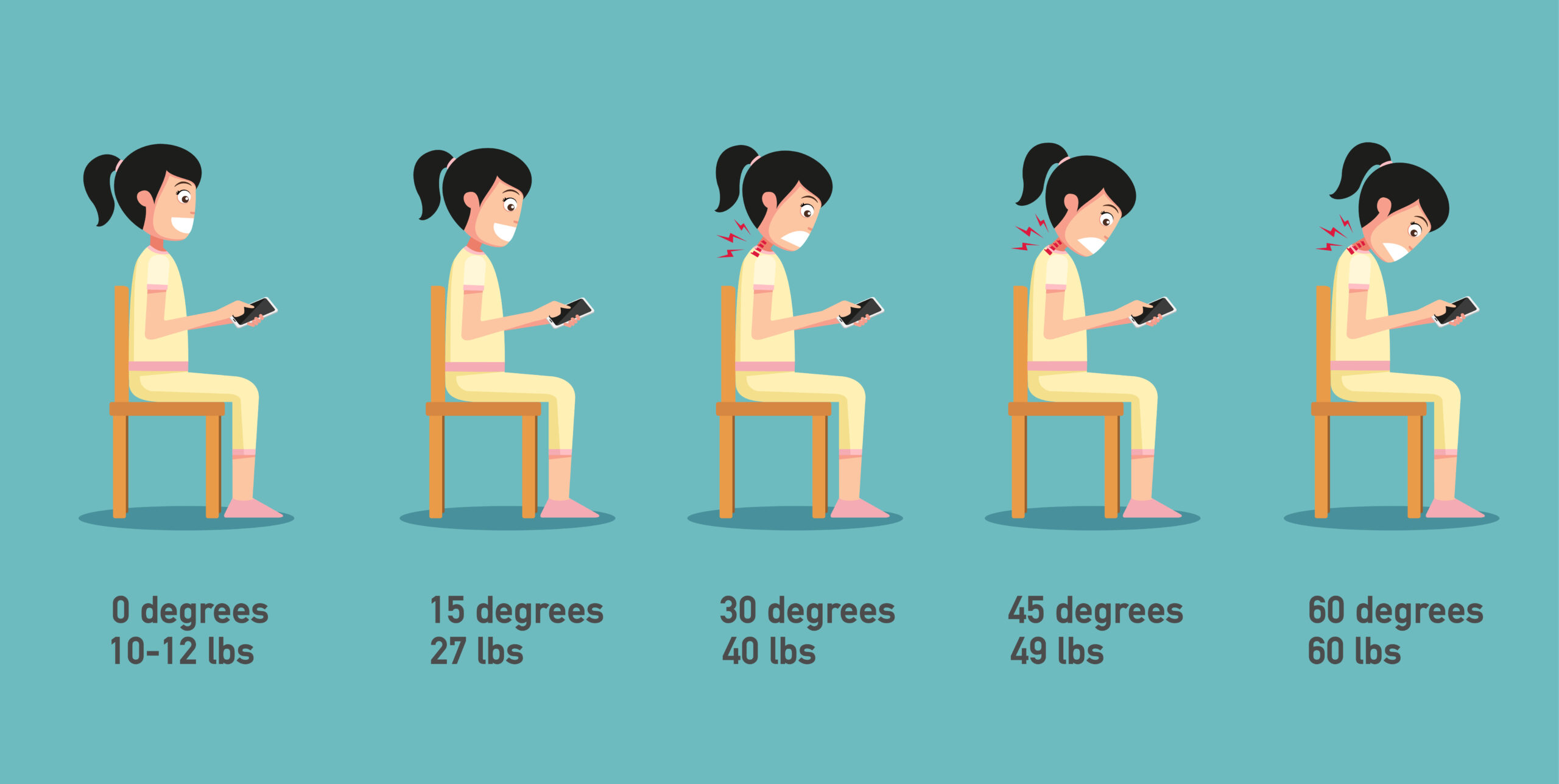
Above image is an image representation of how much pressure one is placing their neck in, if their posture whilst texting is in a wrong position.
Preventive measures however, can be taken to relief back and neck pain episodes.
o Minding Your Posture
Good posture helps remove unnecessary strains and relieves pressure on your spine. At work, you can practice neutral posture by adjusting your computer monitor at proper eye level and keeping your back flat against the chair, without slouching.
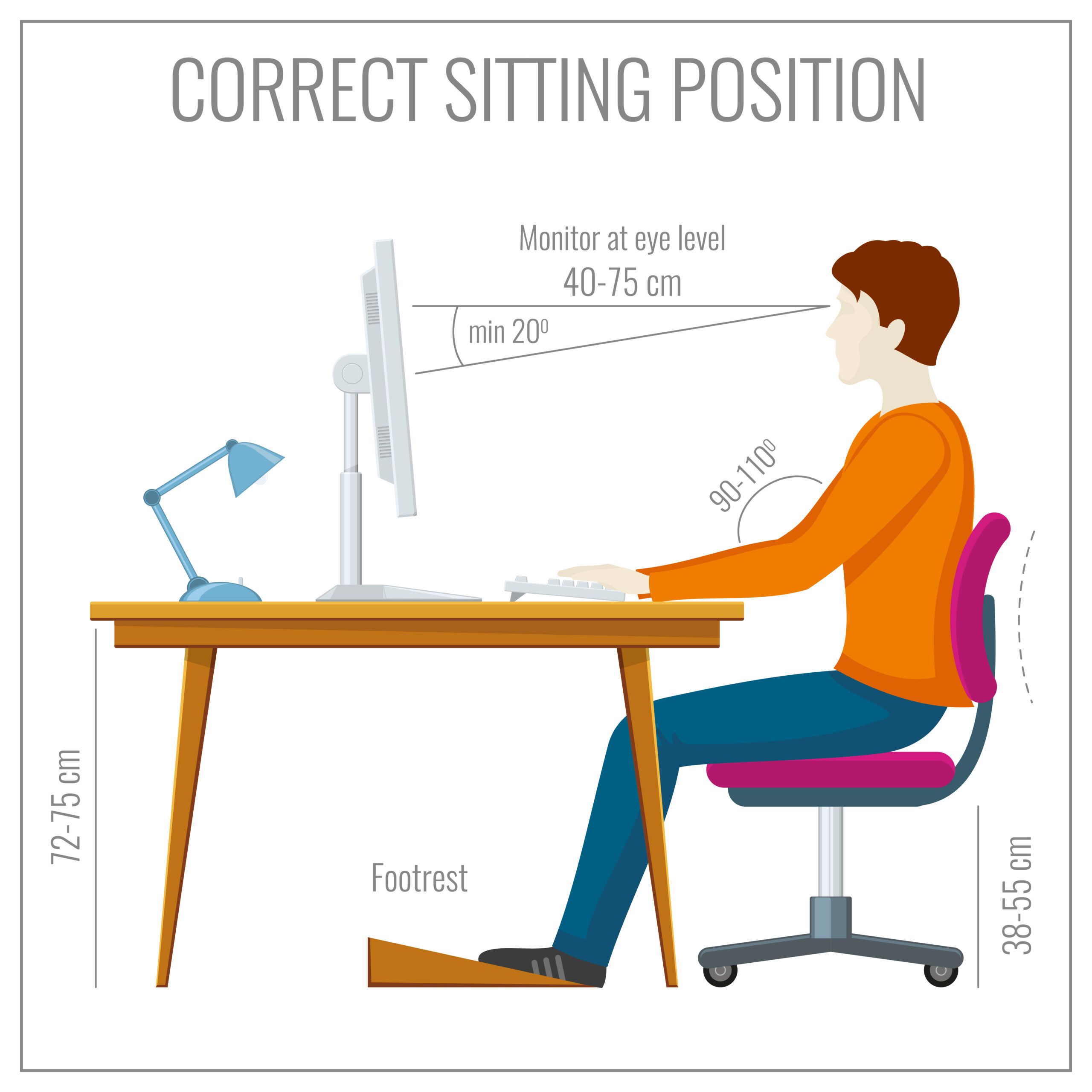
o Reducing the weight load of your baggage
Try to reduce what you need to carry, as the weight of your bags causes additional weight that adds pressure to your neck and spine. It’s best to use bags that distribute the weight more evenly, such as a bag pack.
o Exercise
Stretching regularly helps in improving circulation in the muscles, allowing it to function better. You can also partake in simple stretching at work by getting up and stretching your neck and shoulders. Low-intensity exercises lower the risk of back pain as it helps in increasing strength in your back, ie. Walking and Swimming.
o The Mattress Matters
As Orthopaedic Surgeon Dr Jacob Oh, says, sleeping positions are different for everyone. Often enough, when one feels back or neck pain at night – it is usually due to what one does during the day. These long hours of activity will cause muscle fatigue. While sleeping, the posture is also important as the individual will be lying in that position for a whole night.
Hence, the pillows and mattress matters.
The first and foremost tip is that you should sleep in a good position, with proper support for your neck and back. Get a good pillow. The right thickness of the pillow should allow your head and neck to be aligned with your body.
For your back, get a mattress that suits your comfort preference and yet provide you with the right amount of support.
According to Dr Dennis Hey, Orthopaedic Surgeon, the mattress firmness should be just right – not too hard such that it changes the shape of your spinal posture, but yet not too soft for your whole body to sink in. Good support at the neck and head is thus essential, to ensure that the right position is assumed.
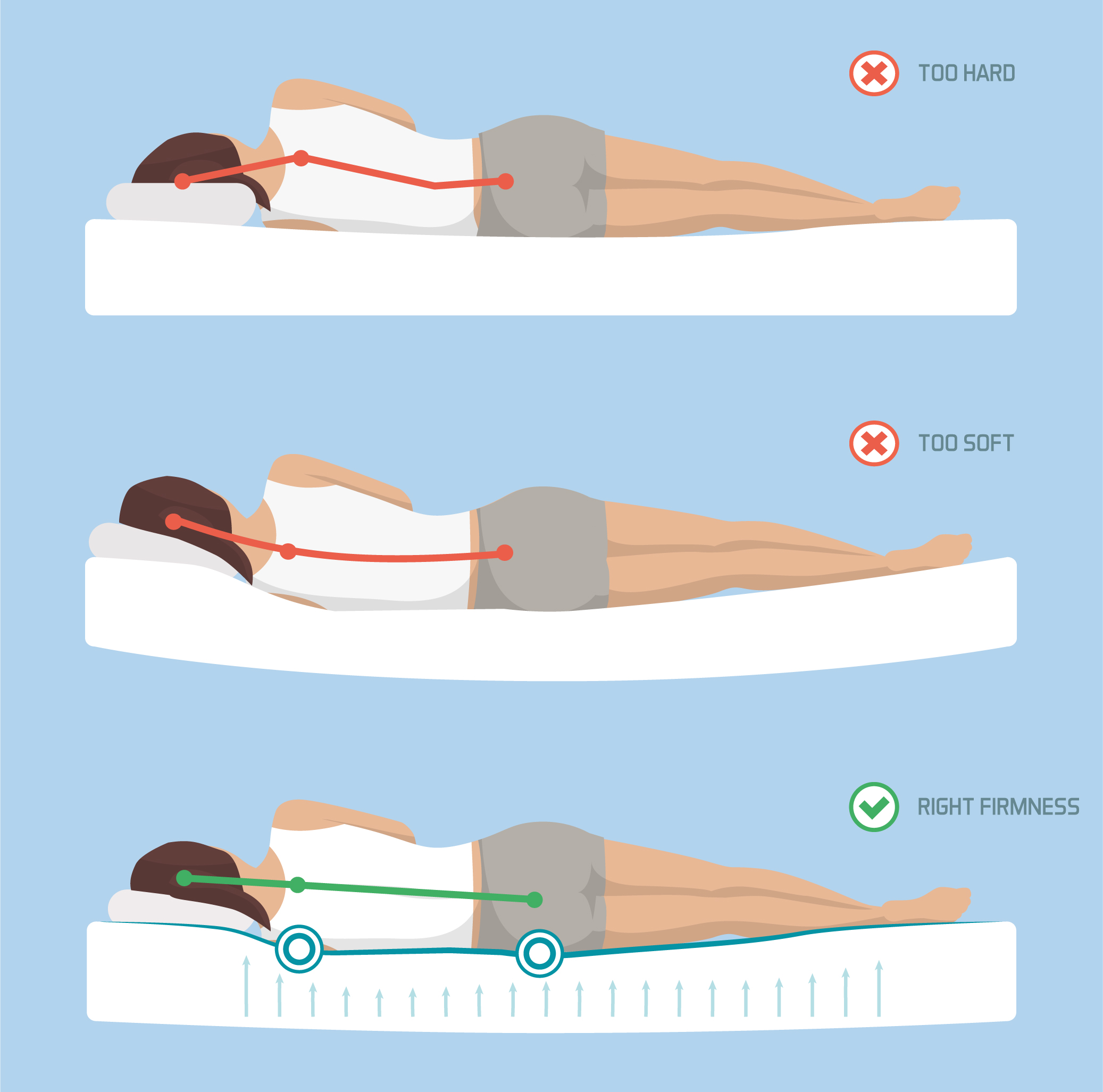
Mattresses do not serve as a medical solution to aches and pains but a good support mattress provides the necessary conformability to the body to ease the tensions. Simmons Original Pocketed Coils makes this possible as the springs are pre-compressed to give more spring effect, greater resilience and better support for your back.
That aside, it really depends on the individual to take care of themselves. As Mr Ringo Yee, a physiotherapist aptly puts it “Don’t rely on someone to fix you”. Take the ACTIVE approach by staying active with moderate exercises and stretching regularly. Practice good posture and incorporate that into the daily activities one partakes in. It is beneficial as motion does keep your back alive.
This article was written in relation with Singapore Spine Society Public Forum. Simmons is proud to be a sponsor for the Singapore Spine Society Public Forum held on 30 March 2019 at the HDB Hub Convention Centre.
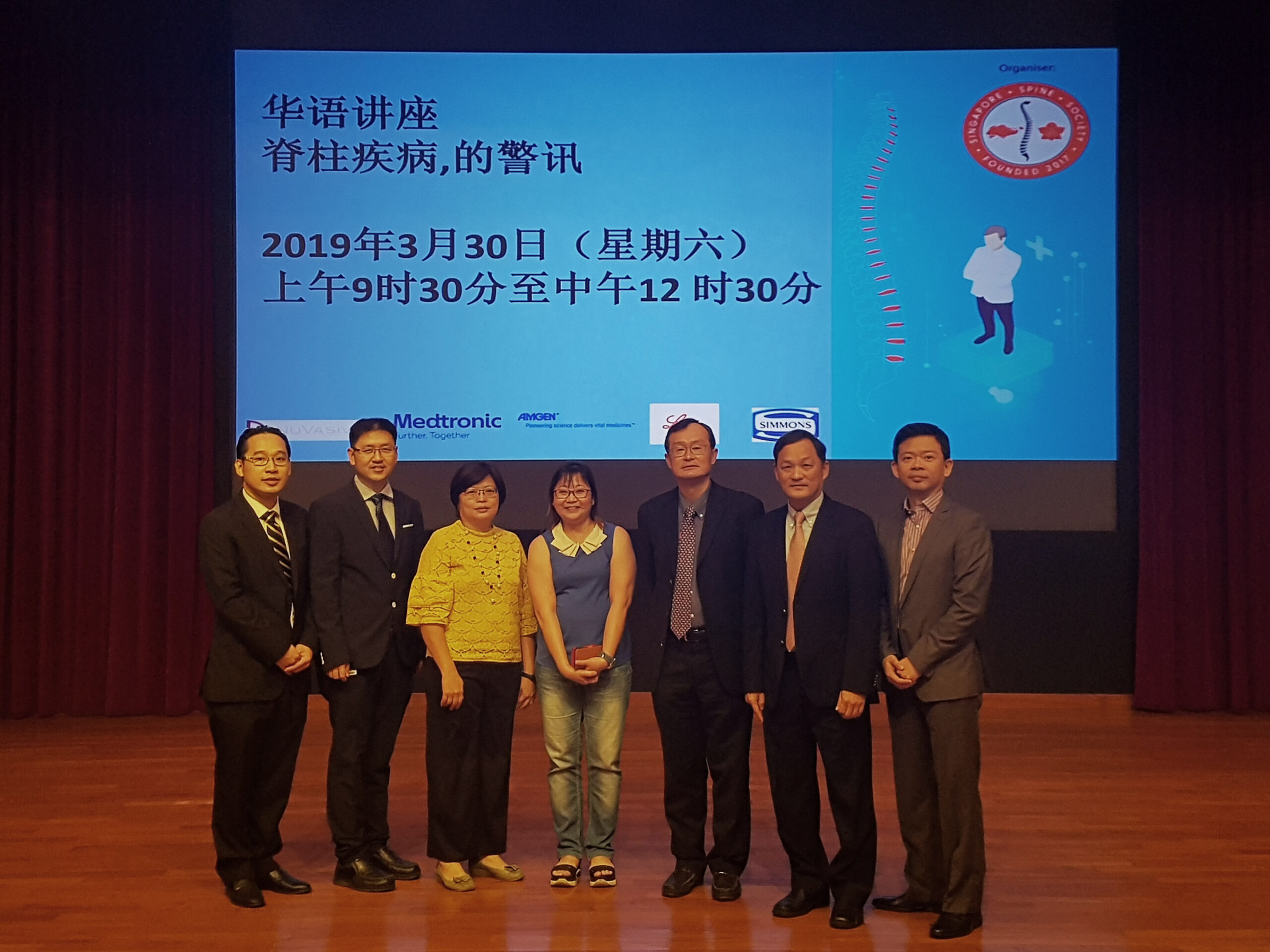
From left to right: Dr Lau Leok Lim (Orthopaedic Surgeon, National University Hospital), Dr Ling Ji Min (Neurosurgeon, National Neuroscience Institute), Ms Ng Tze Siong (Physiotherapist, National University Hospital), Ms Michelle Anne Ng (Senior Marketing Manager, Simmons), Dr Tan Seang Beng (Orthopaedic Surgeon, Orthopaedic and Spine Clinic), Dr Li Yung Hua (Orthopaedic Surgeon, Orthopaedic Associates), Dr Lee Haw Chou (Orthopaedic Surgeon, Synergy Orthopaedic Group)
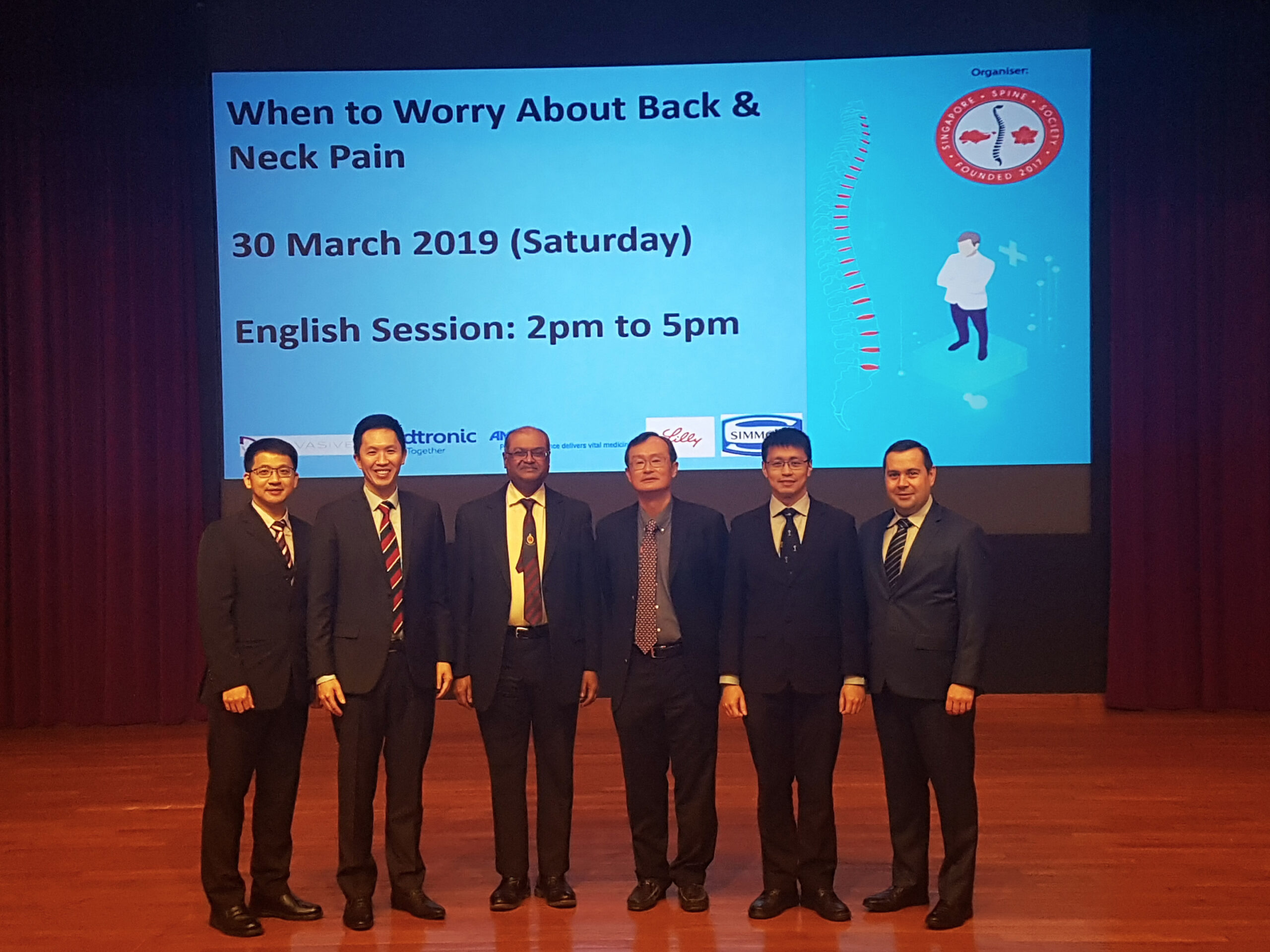
From left to right: Mr Ringo Yee (Physiotherapist, Tan Tock Seng Hospital), Dr Jacob Oh (Orthopaedic Surgeon, Tan Tock Seng Hospital), Dr Naresh Kumar (Orthopaedic Surgeon, National University Hospital), Dr Tan Seang Beng (Orthopaedic Surgeon, Orthopaedic and Spine Clinic), Dr Dennis Hey (Orthopaedic Surgeon, National University Hospital), Dr Colum Nolan (Neurosurgeon, National Neuroscience Institute)
Mattresses
Bedframes and Accessories
Offers
Info
About
Privacy, Legal & Warranty
You can see how this popup was set up in our step-by-step guide: https://wppopupmaker.com/guides/auto-opening-announcement-popups/
You can see how this popup was set up in our step-by-step guide: https://wppopupmaker.com/guides/auto-opening-announcement-popups/
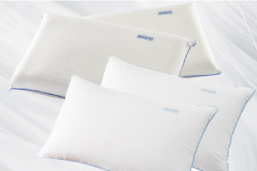
You can see how this popup was set up in our step-by-step guide: https://wppopupmaker.com/guides/auto-opening-announcement-popups/
Tight stairways and narrow lifts may pose difficulties in the delivery of this large product. If you are unsure if your environment can accommodate the delivery of this product, please indicate this in the “Special Remarks” section of the check out page. Our team will gladly send down a specialist to analyse the situation and advise you accordingly.
You can see how this popup was set up in our step-by-step guide: https://wppopupmaker.com/guides/auto-opening-announcement-popups/
You can see how this popup was set up in our step-by-step guide: https://wppopupmaker.com/guides/auto-opening-announcement-popups/